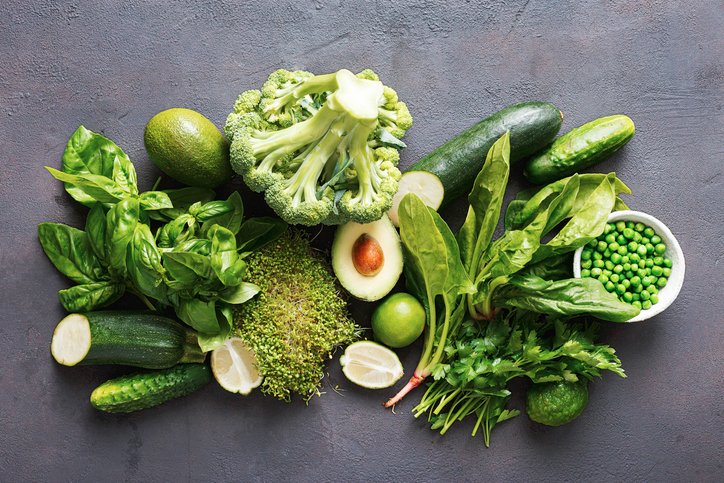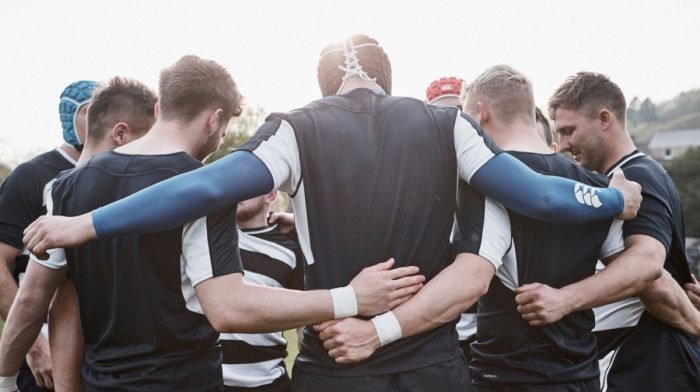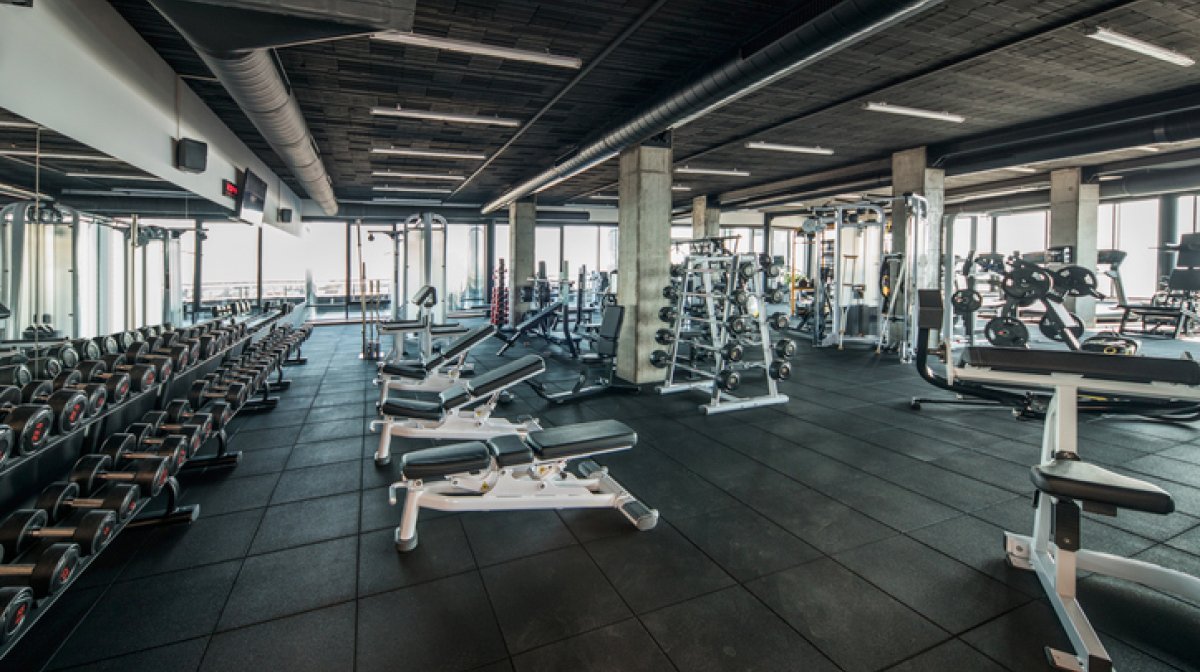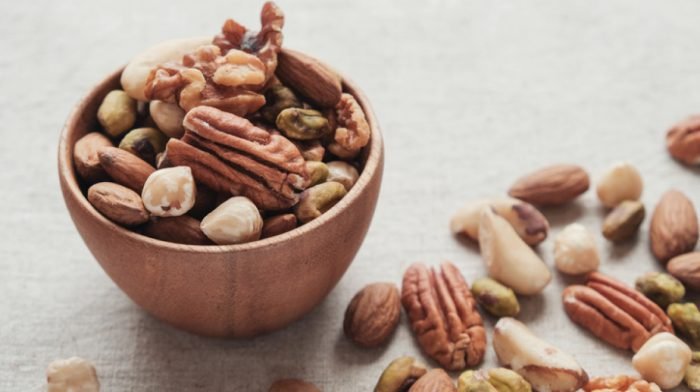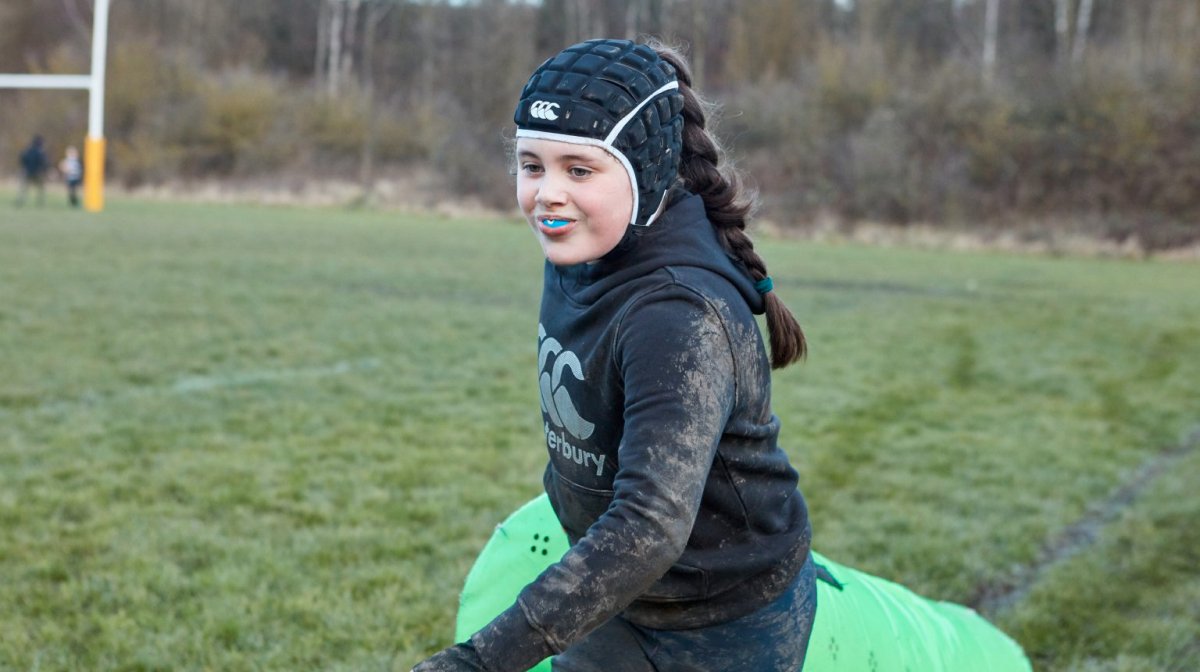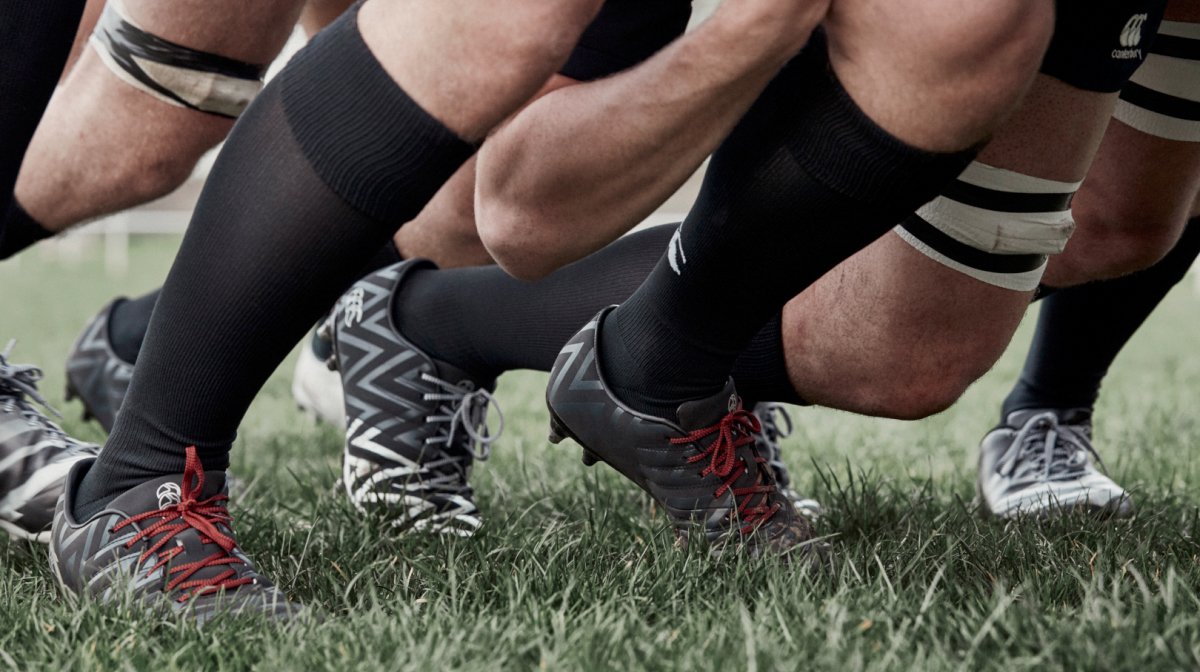Your training preparation must be an ongoing, 24/7 commitment. It’s not just about pre-game energy foods; it’s also about post-training muscle recovery, and that means having a nutrition plan for every single day. You have to think constantly of your fuels for training, whether you are sprinting, doing weights or preparing for game day. It is so much easier to be continually replenishing your body with energy foods, instead of spending the 24 hours before a match frantically attempting to make up for a lack of preparation throughout the week. It just won’t work!
It’s easy eating green
You will be mean and lean if you think green, so pack your athletic diet plan with fruits and vegetables for vitamins, minerals, carbs and proteins. Rugby stars swear by food such as broccoli and carrots, so why not prepare a vegetable medley one day a week and go meat-free for 24 hours? A grilled aubergine with olive oil makes for a very filling meal, and will help you to recover after a tough training session, restoring your body’s vitamins and minerals.

Eggs & protein
One of the best (and cheapest) sources of the protein that will help you with muscle recovery is the humble egg, so think about having an omelette for breakfast, maybe with mushrooms and grilled chicken. Your breakfasts should be fit for a king, with good levels of carbs, proteins and friendly fats. A high-fibre breakfast can help you if you have an upset stomach from game-day nerves. Try not to season your omelettes with too much salt, especially in the 24 hours before a game – it can seriously affect your hydration levels.

Go bananas
These starchy fruits are one of the best pre-workout foods in your training day and provide great bursts of energy. Bananas can be chopped up with apples for breakfast, or added or blended into the protein shakes that will form a large part of your athlete meal plan, helping your muscles to recover and bulk up after training. You can also add bananas to flavour oats, which are again a fine source of breakfast fibre and protein. Eat well, then train well.

Check out chicken n’ rice
Two or three hours before a game, you’ll have to be thinking about eating a small, low GI meal, something to sustain your energy levels without the food settling on your stomach. You should avoid ‘heavy’ meats such as steak at that crucial time, and consider a modest chicken and rice dish, perhaps with a few green beans, fresh, tinned or frozen, depending on your budget and the state of your larder. This will set you up well for the match.
However, these are also useful foods for your training days, so think about chicken, mushrooms and wholemeal pasta as a regular pre-workout meal. You require carbs and proteins every day, but they must be the right ones at the right times. It’s no good consuming a 16oz ribeye steak just a few hours before a game – you’ll feel like you are dragging around the rugby posts!

Post-training recovery
As part of your daily preparation, your evening meal should be high in carbs and protein. This will replenish your energy stores and kick-start your recovery. Try to avoid having too many dense carbs – you don’t want to load up on them, no matter what athletes may have thought in the past.
A mushroom risotto can be served with grilled steak and steamed vegetables to get you back to your best after training. Such a meal provides the right nutrition for athletes, a little something of everything to replace lost energy, vitamins and minerals, and protein for muscle recovery.
